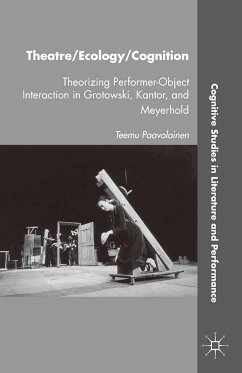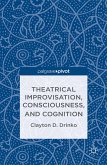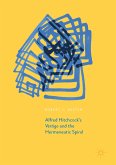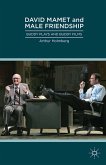Dieser Download kann aus rechtlichen Gründen nur mit Rechnungsadresse in A, B, BG, CY, CZ, D, DK, EW, E, FIN, F, GR, HR, H, IRL, I, LT, L, LR, M, NL, PL, P, R, S, SLO, SK ausgeliefert werden.
Hinweis: Dieser Artikel kann nur an eine deutsche Lieferadresse ausgeliefert werden.
'In this brilliant study the opposition between Kantor and Grotowski is deconstructed and some important aspects they both shared appear. Reintroducing the political and social dimensions of the 'poor theatre' by means of the cognitive approach seems to me really fascinating. The case studies give the reader not familiar with the Polish critical reception of Grotowski and Kantor precise accounts of their analyzed performances.' - Dariusz Kosi?ski, Jagiellonian University, Kraków, and the Grotowski Institute, Wroc?aw, Poland
'This is a sophisticated, thorough, and innovative analysis that has the potential to significantly advance the field of cognitive approaches to performance. Eschewing brain-bound models and embracing embodied, distributed, and extended approaches to cognition, Paavolainen deftlydemonstrates the potential of these theories to transform current theories of performance.' - Evelyn Tribble, Donald Collie Chair of English, University of Otago, New Zealand









